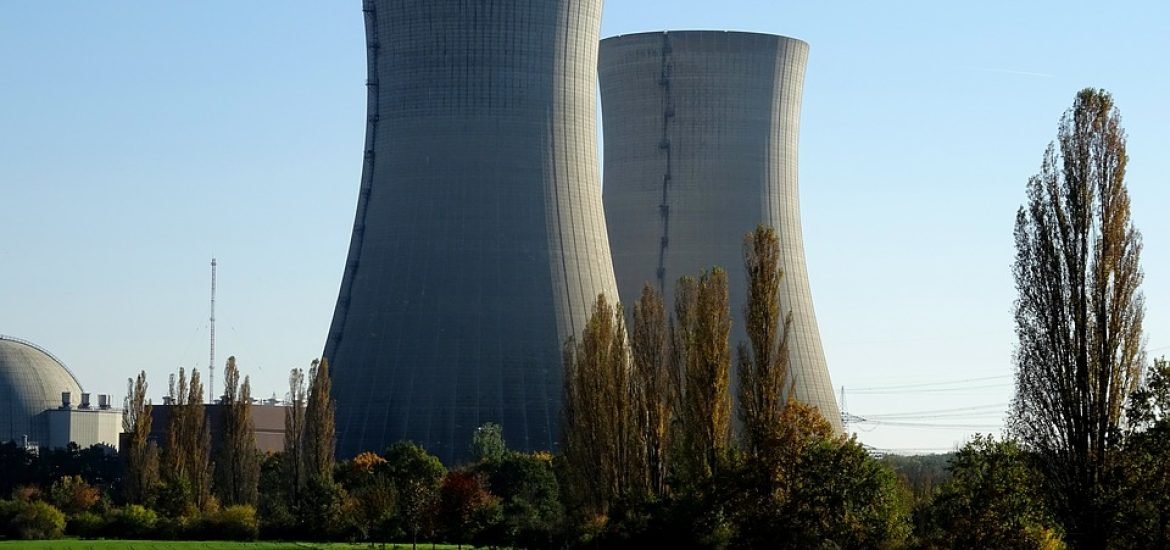
European Commission is found to have been playing a middle-man on the Paks II project – a nuclear power station ordered by Hungary to Rosatom, a Kremlin-owned company.
Ever since 2010, and Viktor Orban’s national conservative Fidesz party’s rise to power, the relationship between Hungary and Brussels has been stormy to say the least. Not only is the Hungarian Prime minister a staunch Eurosceptic, but he always had a soft spot for Moscow – in a context of heightened political tensions between Russia and the European Union on Ukraine, Crimea, Nato and Syria. Also, when the ultra-nationalist leader announced that his country’s brand new Nuclear power plant would be built and largely financed by Rosatom, a Kremlin-owned supergroup, the response in the European capital was bitter.
It all started when Budapest said it wanted to build two new reactors at Paks, its sole nuclear power plant. The new facilities would replace existing reactors, the lifespan of which ends in the 2030s. However, ever as provocative, the Hungarian government handpicked the controversial Russian State Atomic Energy Corporation (Rosatom). The decision was made without launching a public tender – much to Brussels’ discontent. The European Commission even opened an infringement procedure in November 2015, citing Budapest had failed to call for tenders, in violation of EU internal market rules.
The charges have since been dropped as Rosatom was found to be the “sole provider” of nuclear technology “capable of solving Hungary’s technical requirements”. However, it appears the European Commission secretly assisted the project as EU officials fully rewrote the Hungarian government’s line of defence in order to circumvent EU rules. Benedek Javor, the MEP from the Hungarian Green party obtained the documents. He did it via a request to access all documents as per EU transparency rules.” It was a political decision, and then they tried to construct a reason ex-post”, he says.
It indeed happens the “technical exclusivity” argument was not invoked by Hungarian authorities from the outset. It actually was part of a what officials of the European Commission described it as a “global political solution”, allowing Budapest to bypass the tender requirement in order to try and better Hungary’s souring political relations with the EU.
This post is also available in: FR (FR)